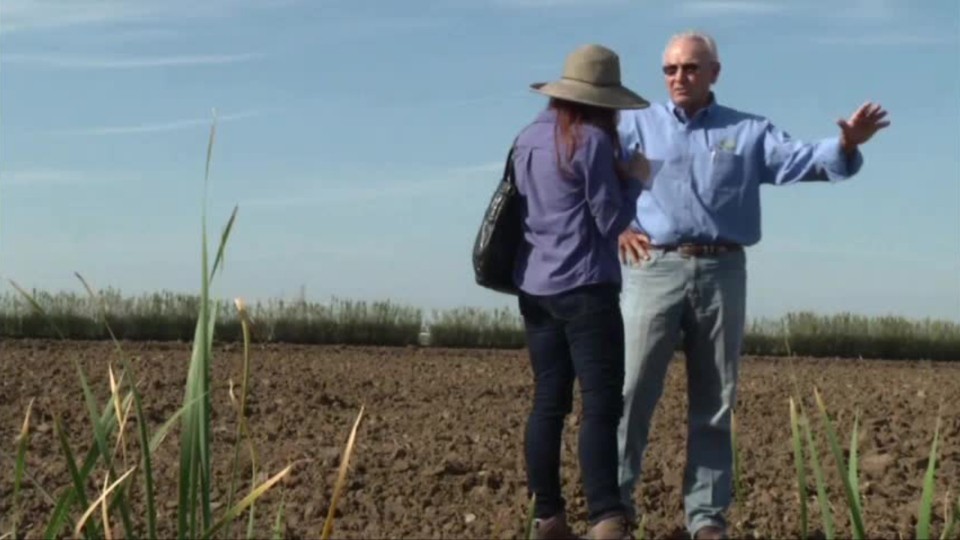Forest & Conservation Technicians
Forest Technician, Forestry Aide, Forestry Technician (Forestry Tech), Resource Technician
What they do:
Provide technical assistance regarding the conservation of soil, water, forests, or related natural resources. May compile data pertaining to size, content, condition, and other characteristics of forest tracts under the direction of foresters, or train and lead forest workers in forest propagation and fire prevention and suppression. May assist conservation scientists in managing, improving, and protecting rangelands and wildlife habitats.
On the job, you would:
- Thin and space trees and control weeds and undergrowth, using manual tools and chemicals, or supervise workers performing these tasks.
- Train and lead forest and conservation workers in seasonal activities, such as planting tree seedlings, putting out forest fires, and maintaining recreational facilities.
- Provide information about, and enforce, regulations, such as those concerning environmental protection, resource utilization, fire safety, and accident prevention.
Knowledge
Safety and Government
- public safety and security
- law and government
Arts and Humanities
- English language
Business
- customer service
- management
Math and Science
- geography
Skills
Basic Skills
- listening to others, not interrupting, and asking good questions
- thinking about the pros and cons of different ways to solve a problem
People and Technology Systems
- thinking about the pros and cons of different options and picking the best one
- figuring out how a system should work and how changes in the future will affect it
Problem Solving
- noticing a problem and figuring out the best way to solve it
Abilities
Verbal
- communicate by speaking
- listen and understand what people say
Ideas and Logic
- notice when problems happen
- order or arrange things
Hand and Finger Use
- hold or move items with your hands
- keep your arm or hand steady
Attention
- pay attention to something without being distracted
Personality
People interested in this work like activities that include practical, hands-on problems and solutions.
They do well at jobs that need:
- Dependability
- Cooperation
- Integrity
- Perseverance
- Attention to Detail
- Cautiousness
Technology
You might use software like this on the job:
Data base user interface and query software
- Assisi Compiler
- Microsoft Access
Presentation software
- Corel Presentation
- Microsoft PowerPoint
Map creation software
- Ben Meadows Yeoman Expedition
- Leica Geosystems ERDAS IMAGINE
Education
Education: (rated 3 of 5)
high school diploma/GED or
associate's degree
usually needed
associate's degree
usually needed
Job Outlook
Below Average
New job opportunities are less likely in the future.
Explore More
- Conservation Scientists
- Forest & Conservation Workers
- Forest Fire Inspectors & Prevention Specialists
- Foresters
- Range Managers
You might like a career in one of these industries:
See more details at O*NET OnLine about Forest & Conservation Technicians.





